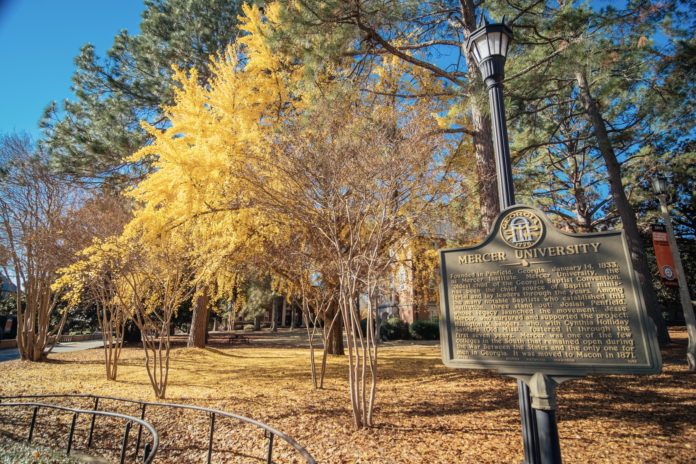MACON – Famed music critic Alex Ross and internationally-renowned violinist Amy Schwartz Moretti will lead a panel discussion on the role of classical music and music criticism in society as part of an ongoing series of public symposiums focused on engaging the community in the arts.
The free event will be held at 1 p.m. April 7 in Mercer University's Neva Langley Fickling Hall, which is located inside the McCorkle Music Building. The panel will focus on current trends in music and music criticism and how the changing media landscape affects this. This will be the fifth symposium in a series of six.
Ross has served as music critic for The New Yorker since 1996. His first book, The Rest is Noise: Listening to the Twentieth Century, won a National Book Critics Circle Award and the Guardian First Book Award, and was a finalist for the Pulitzer Prize. He received the MacArthur Fellowship in 2008.
Moretti serves as director of the Robert McDuffie Center for Strings and is a concert violinist who has performed all over the world, including appearances with the New York Pops, Atlanta Symphony Orchestra and the Georgian Chamber Players. She also performs as a member of Ehnes Quartet, Cortona Trio and Moretti Duo as well as collaborating with Robert McDuffie.
Art Matters: Engaging the Community through Embedded Arts Journalists is a joint, one-year initiative of the Macon Arts Alliance and Mercer's Center for Collaborative Journalism (CCJ). The program is focused on engaging the community through high-quality arts journalism, and in addition to the discussions, includes a critic-in-residence for the CCJ and an arts journalism intern program.
About the Center for Collaborative Journalism
The Center for Collaborative Journalism (CCJ) is a unique partnership between Mercer University,
The Telegraph and Georgia Public Broadcasting, with generous support from the John S. and James L. Knight Foundation and The Peyton Anderson Foundation. The Center's groundbreaking collaboration has students, faculty and veteran journalists working together in a joint newsroom. Learning in a “teaching hospital” model, students engage the community using the latest digital tools and leave with a strong portfolio of published work.










